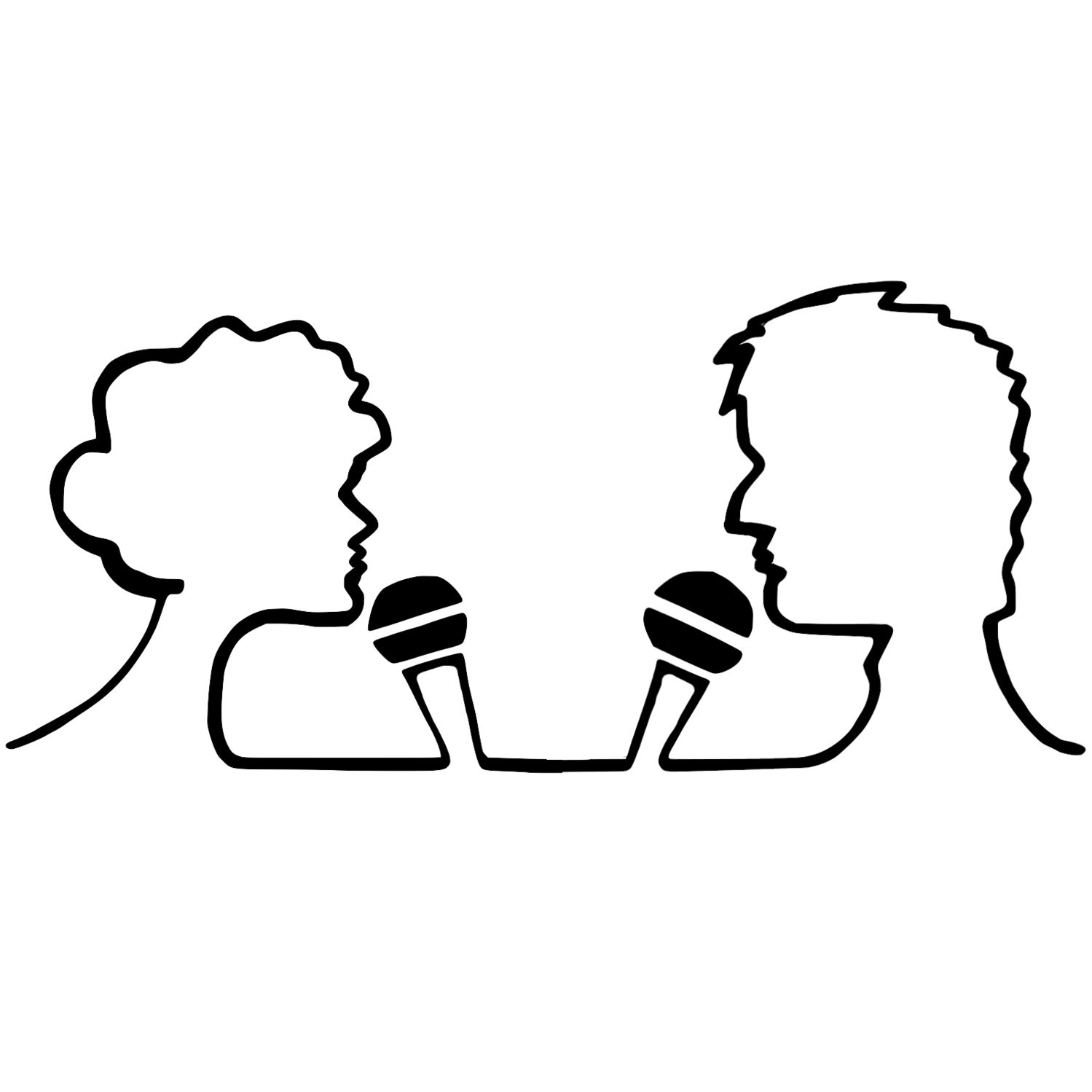From inflammation to intellectual property, Ruan Cox details his scientific career to date. Why not all scientists stay in science and why that's a good thing. This scientist talks about his favorite tech and how we should be using it to learn more about our own health. Oh, and if you think of a twitter handle for him, let us know so he too can communicate in 140 characters or less.
Read MoreSit back...take a deep breath... and relax. Feeling better? Well maybe you shouldn't be.
Catherine Wikholm is a psychologist studying how meditation might not be all peace and happiness. As with any treatment, mindfulness might actually be damaging. On the upside though, find out how man's best friend might specifically be a veteran's best friend in cases of post traumatic stress disorder.
Read MoreDaniel Yeh is an engineer and associate professor at the University of South Florida and his passion is... waste water? He believes that one man's waste is another man's treasure. Listen in as he tells us more about smarter ways to purify our water whilst generating greener energy. Also, how in India you might get a little Bollywood with your bowel movements.
Read MoreWhat if we had a cure for 1 in 20 cancer patients? Even better, what if we could cure cancer before it even occurred?
Meet Anna Giuliano, an epidemiologist at the Moffitt Cancer Center and the director of the Center for Infection Research in Cancer. There she specializes in research on the Human Papilloma Virus or HPV (not to be confused with HIV!). How does HPV cause cancers and how can we cure them with a simple vaccine? Listen in to find out more about Anna’s research, the benefits of recruiting Taylor Swift, and how sometimes girls and boys are the same.
Read MorePhysicist by day, journalist and musician by night – Dr David Robert Grimes just may be the Dark Knight of Science, advocating for higher standards in media coverage and working out the physics behind your favorite guitar riffs.
Read MoreEvolutionary biologist Joel Brown knows why the squirrels that frequent our yards here in Florida are tiny compared to their heavyweight cousins in Chicago – and now you can too! Listen in as Dr. Brown explains how American squirrels are settling an old score with our would-be British overlords, and how you can study elusive snow leopards by watching sheep.
Read MoreBad habits, compulsive thoughts, irrational decisions — we're all plagued by them to varying degrees. But where do they come from? And what can we do to break the habit? Or, can people with issues like obsessive-compulsive disorder find successful treatment?
In this episode, we'll answer all of those questions and more with Dr Claire Gillan, who works in the field of cognitive and behavioral neuroscience. Claire applies behavioral sciences, psychophysiology, and neuro-imaging techniques to unravel the complicated web of learning, habit formation, and human behavior — with a focus on obsessive-compulsive disorder.
Read MoreMark Miodownik loves stuff. As a materials scientist and engineer, he gets a kick out of answering questions like what your skin might have in common with ceramics, or metal for that matter? And, why do materials behave the way they do or feel different to the touch?
Read MoreEver wonder why you hate your own voice? If your dog is really talking to you? How beatboxers make those crazy sounds? Stefan Frisch knows. He's a professor at the University of South Florida in the field of linguistics and phonetics.
Read More








